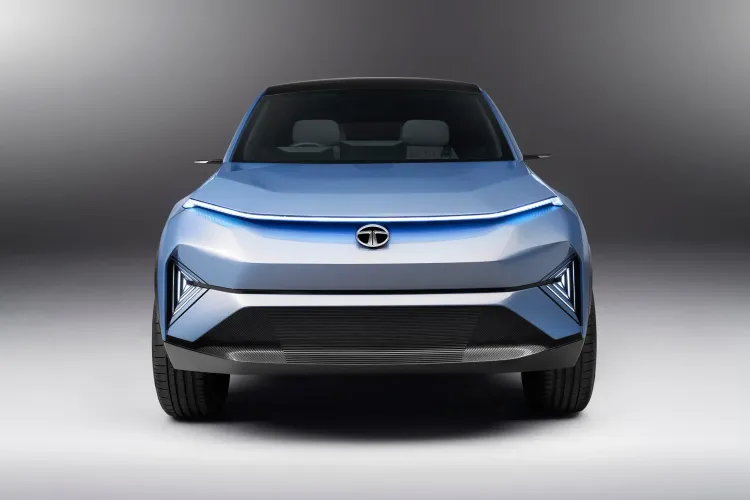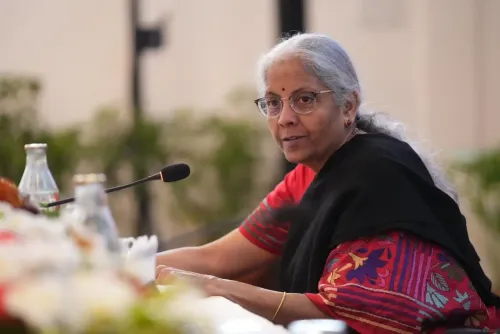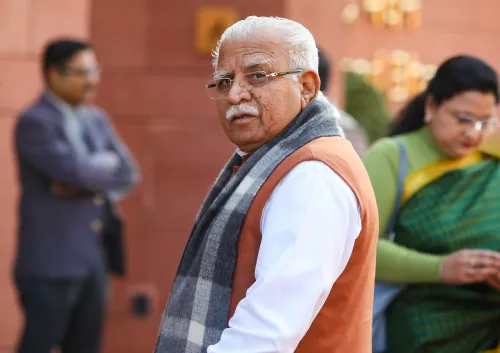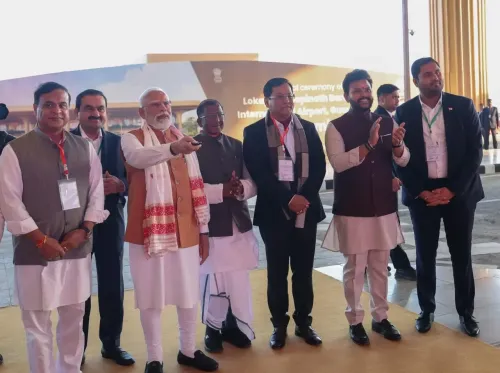Tata Motors and Kia India Set to Raise Prices Across Their Passenger Vehicle Ranges

New Delhi, Dec 9 (NationPress) On Monday, Tata Motors revealed plans to increase prices by as much as 3 percent across its passenger vehicle (PVs) lineup, which includes electric vehicles (EVs).
Starting in January, the price adjustments will differ based on the specific model and variant, a decision made to help mitigate the rising input costs and ongoing inflation, according to the company.
Similarly, Kia India has announced a price hike of up to 2 percent for its complete vehicle range, effective from January 1, driven by escalating commodity prices and increasing costs related to the supply chain.
“At Kia, our commitment lies in providing outstanding, technologically sophisticated vehicles of premium quality to our esteemed customers. However, due to the continuous rise in commodity prices, adverse exchange rates, and heightened input costs, a necessary price adjustment has become essential,” stated Hardeep Singh Brar, senior vice president of sales and marketing at Kia India.
Despite these challenges, Kia is absorbing a substantial portion of the cost hikes, thereby reducing the financial burden on our customers, allowing them to enjoy their preferred Kia vehicles without significant financial strain,” he added.
Kia has recorded sales of 1.6 million units both in India and international markets thus far.
Its top-selling model, the Seltos, has achieved over 670,000 unit sales, followed by the Sonet with more than 480,000 units, Carens with 214,400 units, and the Carnival with over 15,000 units.
Other automakers such as Maruti Suzuki India, Mahindra & Mahindra, and Hyundai Motor India Limited (HMIL) have already declared price increases for their SUVs, PVs, and commercial vehicle (CV) ranges, set to take effect in January.
Maruti Suzuki India has confirmed a price rise for its vehicles starting January 1, with increases up to 4 percent depending on the specific models.
Hyundai Motor India also announced that it will be raising prices due to increased input costs and other factors. The adjustments will apply across various models, with increases potentially reaching up to Rs 25,000, as stated by the automaker.










